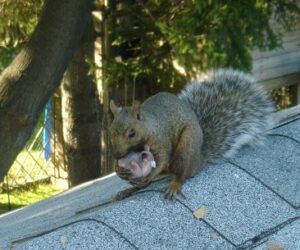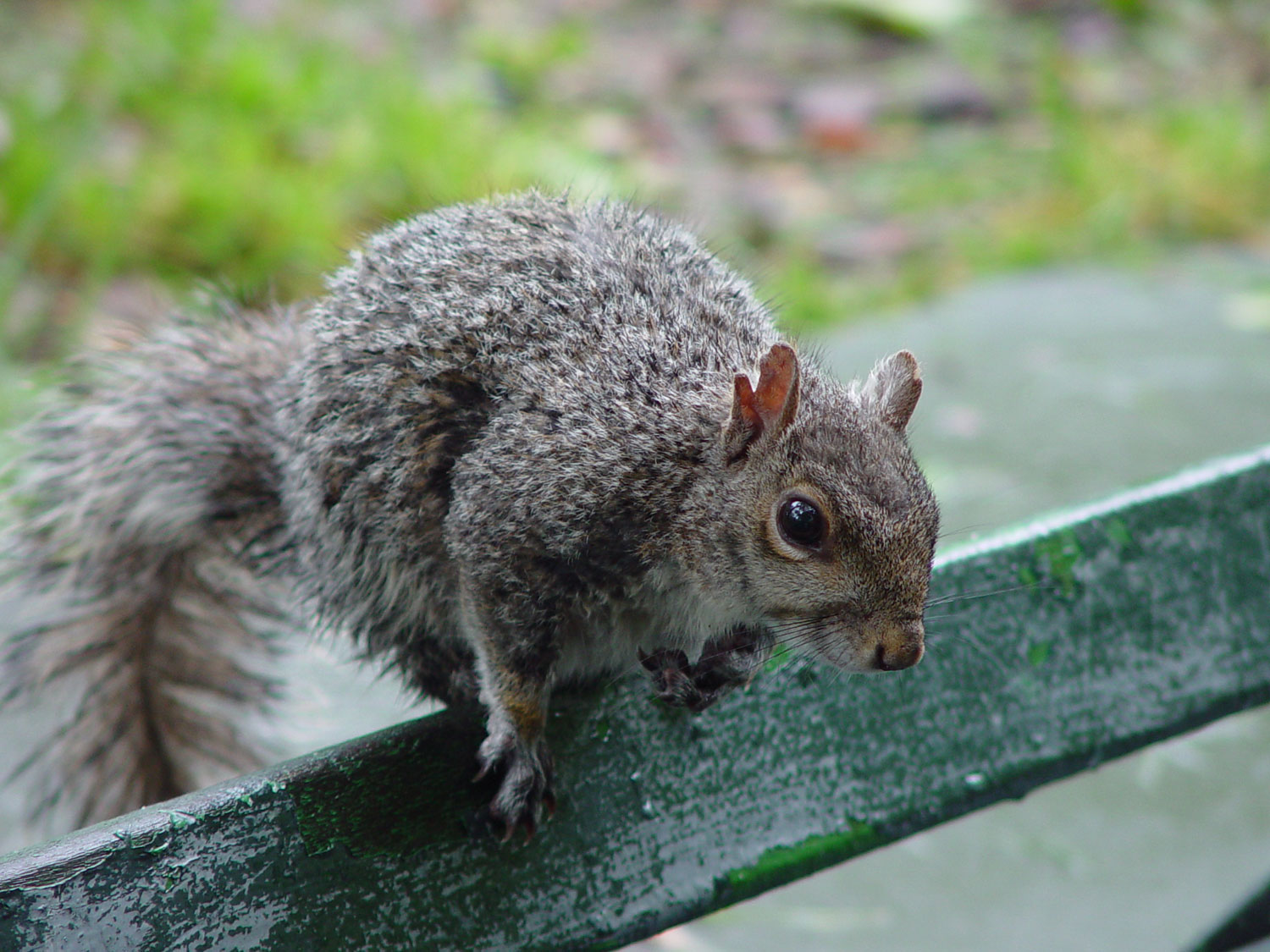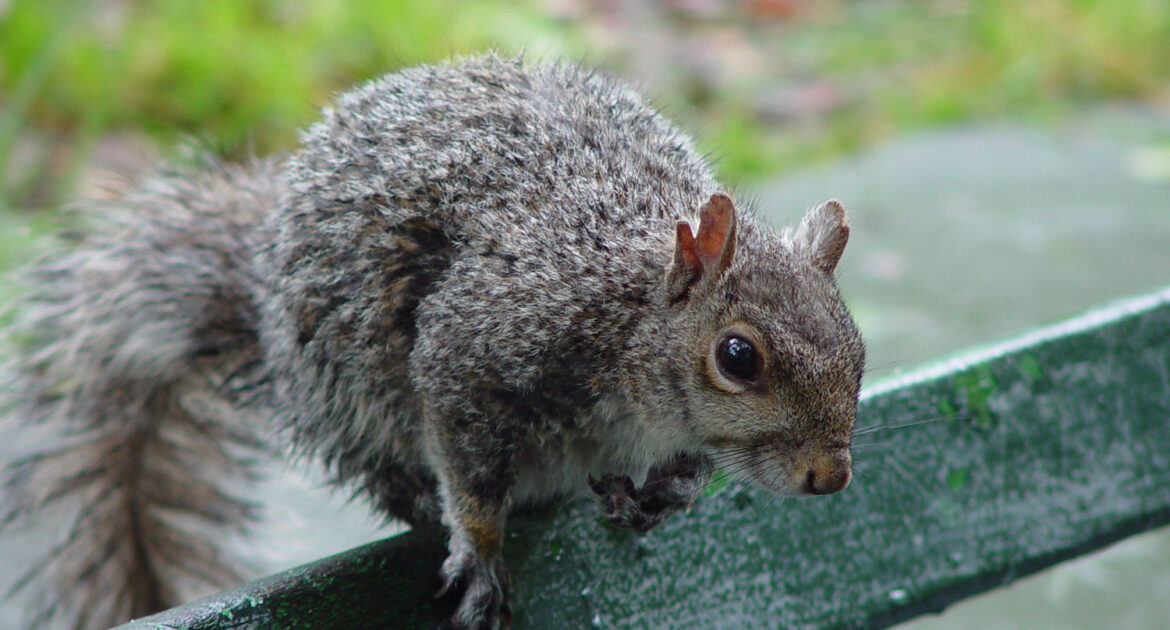Squirrels are usually running around neighbourhoods year round and although in colder weather they slow down, you will still spot them. Squirrels tend to keep to themselves and stay busy gathering food and finding hiding spots but there have been occasions where they can be aggressive. While it is easy enough to laugh at the thought of an imaginary squirrel attack, the reality can be intimidating for some. Professional squirrel removal in Oshawa is necessary to ensure the safety of families, especially when the animal no longer respects boundaries. The best way to stay safe is to avoid the causes of attacks and to protect yourself from potential risks.
Reasons Why Squirrels May Attack
Typically, squirrels are docile animals and not prone to attack people. Many find comfort in watching the antics of these small animals and do not wish them any harm. Unfortunately, wild animals do not understand a person’s intentions and will react more with instinct and perception. While you may not think of yourself as a threat, a squirrel may perceive that danger is imminent, leading to an altercation. Thankfully, these current attacks are rare, but when they happen, it is for one of three reasons:
- Food
- Fear
- Babies
People love to feed wild animals, but it is not a wise practice. In order to survive, wildlife needs to understand how to hunt and forage for food, and by feeding animals, you make them dependent on you. Unfortunately, that dependency can eventually lead to aggression if you do not feed them consistently. The animal may attack because it wants food, and you have nothing to offer.
Interspecies interactions are not common. Sure, you may live close to a squirrel’s nest, but you are likely never close enough to cause a threat. All wild animals, including squirrels, will defend themselves if they feel cornered or threatened. Getting too close to a squirrel or yelling, clapping, or shoo-ing can lead to misinterpretation. If the animal feels that you pose a threat, it may attack, especially if there is no apparent escape from the area.
Finally, the mother of any species will always defend her young, and squirrels are no different. If you happen upon a nest with babies, a mother squirrel will try to intimidate you. It will race back and forth, flicking its tail and barking. If you refuse to back away, the mother may defend herself by using its teeth and claws to scratch and bite you. While these animals may seem small and non-threatening, they are quite the force when defending themselves or their young.

Ways to Protect Yourself
There are two ways to protect yourself and limit your risks of a squirrel causing harm:
- Do not feed the animal. Feeding is the most significant reason for attacks because, after repeated instances, it eliminates the squirrel’s fear of humans. Without a natural fear of people, squirrels feel confident enough to intimidate and attack.
- Keep your distance. Keeping your distance is another way to protect yourself from wild animals seeing you as a threat. If you see a squirrel or baby squirrels, don’t approach them. Try your best to stay at least 20 feet away, or a reasonable distance when walking on trails or sidewalks.
Wildlife Removal Services
For wild animals that are especially aggressive, contact a wildlife removal service. These companies have trained animal experts to catch and release the animals humanely. Under no circumstances should you handle a wild animal by yourself, unless you are a trained wildlife professional. Squirrels and other rodents can carry several disease strains and illnesses, leaving inexperienced homeowners at a significant disadvantage as it pertains to wildlife removal.
Do you live in the Oshawa? Have you heard the stories of aggressive squirrels, or have you seen evidence to support the claim? If you have and want to remove the problem so you and your neighbours can get back to living easy, contact our Skedaddle Wildlife team and schedule an appointment today.




